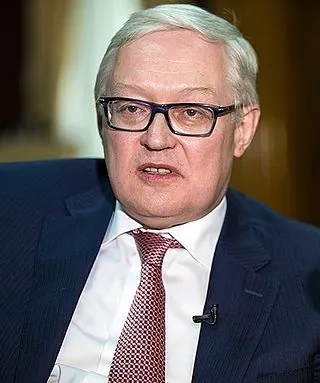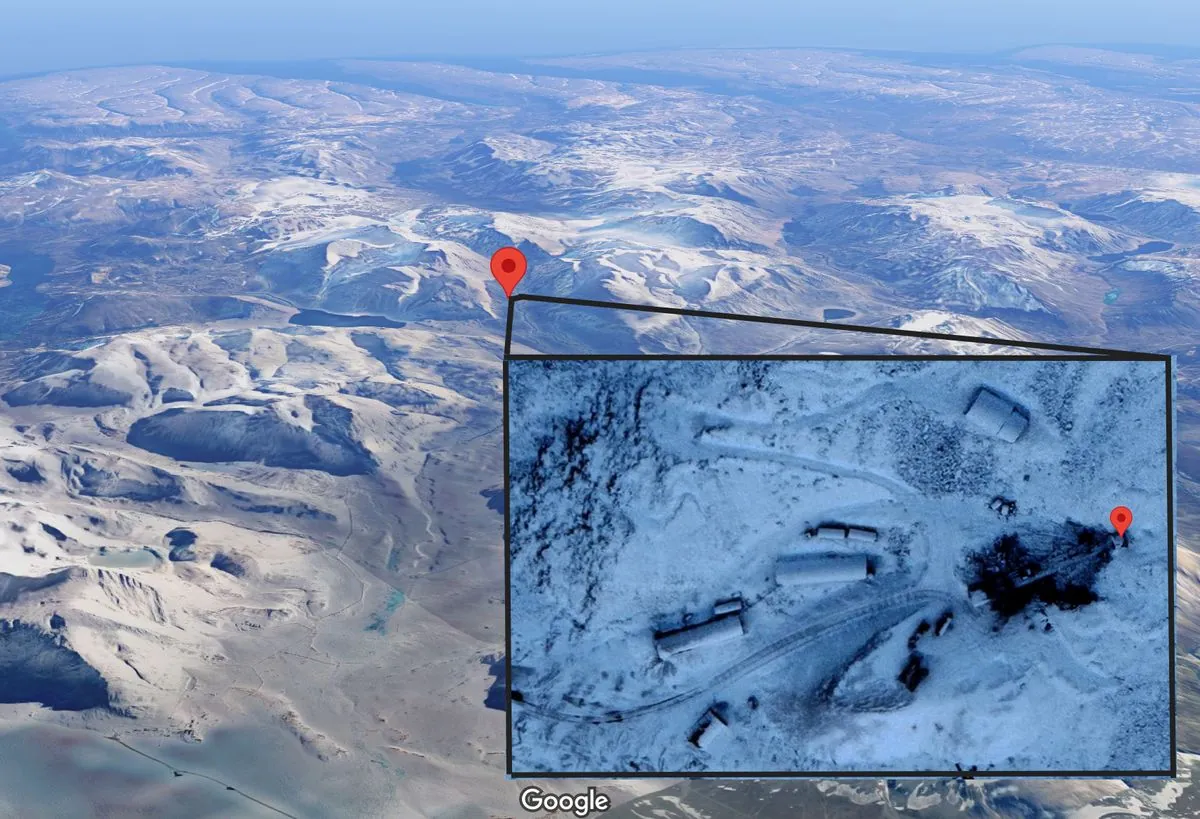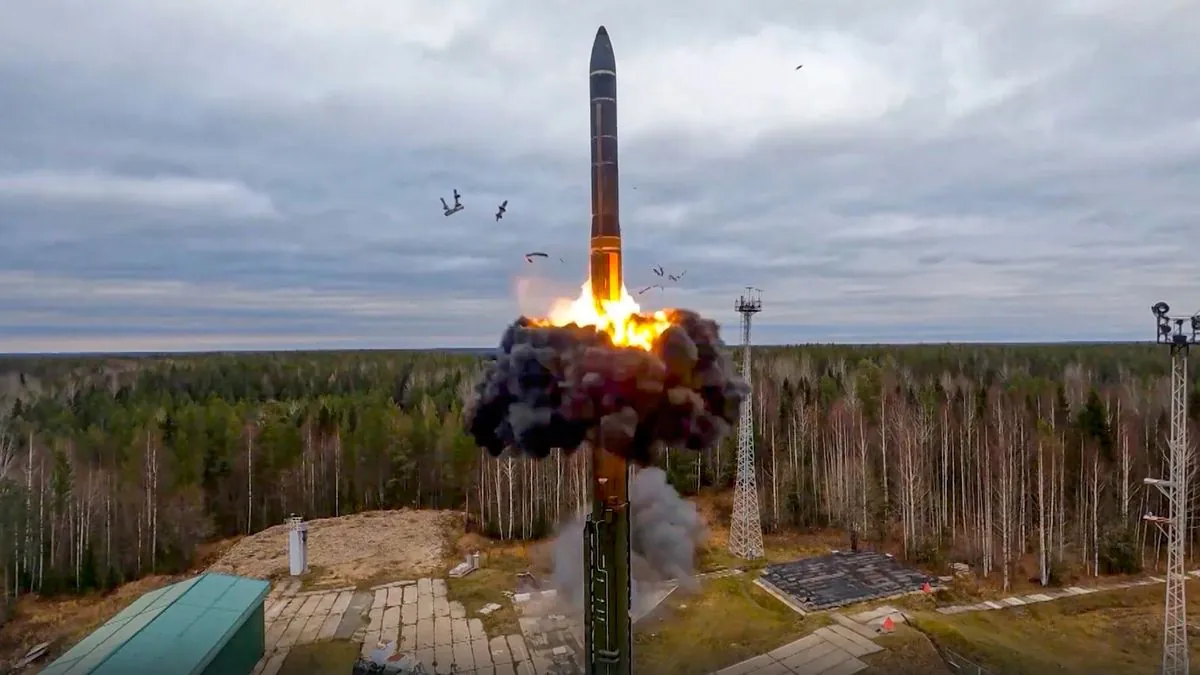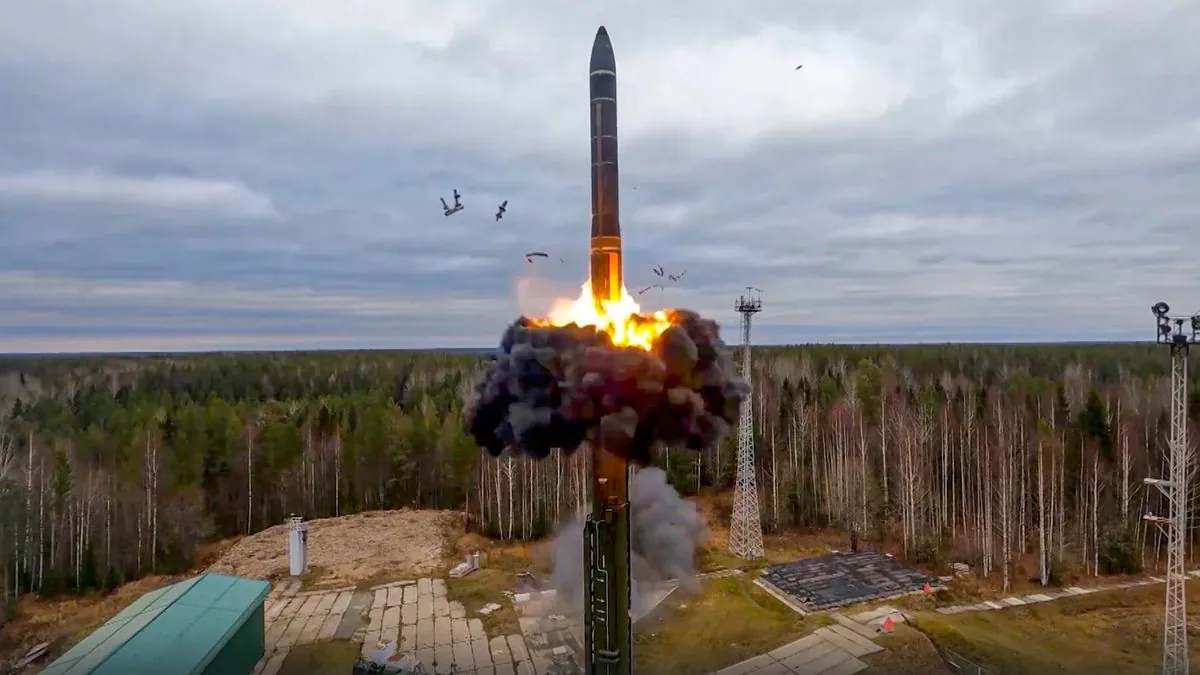Sergei Ryabkov
Sergei Alexeyevich Ryabkov is a Russian diplomat, currently serving as the Deputy Foreign Minister of the Russian Federation since 2008.

Some of the key events about Sergei Ryabkov
- 1990Graduated with honors from the Moscow State Institute of International Relations
- 2002Appointed Deputy Director of the Department of European Cooperation at the Russian Foreign Ministry
- 2005Promoted to Director of the Department of European Cooperation at the Russian Foreign Ministry
- 2008Became Deputy Foreign Minister of Russia, responsible for relations with the Americas
- 2010Led negotiations on the New START Treaty with the United States
- 2013Played a key role in negotiating the agreement on Syria's chemical weapons
- 2014Defended Russia's annexation of Crimea, calling it a legitimate response to Western actions
- 2015Participated in negotiations leading to the Iran nuclear deal (JCPOA)
- 2017Appointed as Russia's chief negotiator for strategic stability talks with the United States
- 2017Criticized U.S. sanctions against Russia as "illegitimate" and threatened retaliation
- 2018Warned of a "tough response" if the U.S. deployed missiles in Europe
- 2019Led Russian delegation in strategic security consultations with the United States in Geneva
- 2019Accused the U.S. of destabilizing global security by withdrawing from the INF Treaty
- 2020Dismissed U.S. concerns about Russian interference in elections as "groundless"
- 2021Headed Russian delegation in talks with the U.S. on security guarantees and strategic stability
- 2021Threatened to cut ties with the European Union if new sanctions were imposed
- 2022Justified Russia's invasion of Ukraine as a necessary action to protect Russian interests
- 2022Warned of "military-technical" consequences if Finland and Sweden joined NATO
- 2023Accused the West of waging a "total war" against Russia through sanctions and support for Ukraine
- 2023Threatened to suspend the New START nuclear arms control treaty with the United States
Disclaimer: This material is written based on information taken from open sources, including Wikipedia, news media, podcasts, and other public sources.
Sergei Ryabkov Latest news

Russian diplomat hints at nuclear tests comeback as global tensions rise
Russian official discusses possible return to nuclear testing due to complex international situation. Moscow changes its nuclear-use rules while stepping back from global test ban agreements
Politics, Science • November 30 2024 , 01:46 PM • 14356 views

Russian missile test shows new path in US relations - what happens next?
Russia tested its new high-speed missile while keeping US informed about the launch. Deputy Foreign Minister explains Moscowʼs stance on military cooperation and warns about future developments
Politics, Science • November 27 2024 , 06:31 PM • 1688 views































